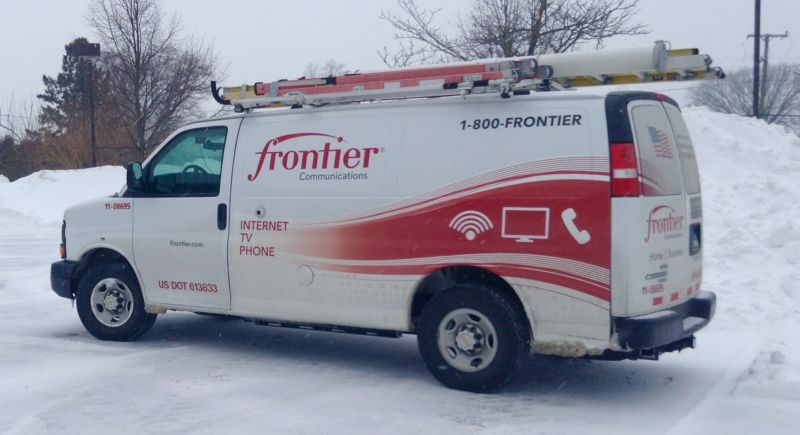Physical World Hacking – the New Frontier of Cybercrime | Kenny Sahr
Cybercrime cost businesses and governments over $1 trillion in 2020, according to security software company McAfee. When we speak of cybercrime, we refer to damage to digital assets – computer files. Cybercrime is quickly moving from the digital world to the physical world.
Our Connected World
Over the past few years, more and more “things” are being connected. Smartphones are connected to the newly-minted smart home via light bulbs and appliances. Factories are adding internet connected parts and machinery. Cars are increasingly run by software. The COVID pandemic is accelerating the trend as people work at home and gain access to physical assets (and not just files) from factories that until recently were “air-gapped” (not connected to networks).
Imagine this scenario: a factory manager has access to a boiler from his home office. He ignores IT cybersecurity rules and a hacker gains access to his laptop. The hacker can theoretically raise the temperature of the boiler and cause damage to physical assets and people.
The Dangers of Hacking the Physical World
Criminal hackers are well aware of the new frontier of physical world hacking. The general public is not. The goal of this article is to inform you of what to expect in the coming years. Cybercrime is dangerous enough today. Adding the element of harming people and “stuff” takes cybercrime to a whole new level. I hope society is ready for the wave that is coming.
Let’s take a quick look at the future of cybercrime.
Automotive Hacking
Imagine hackers capable of distracting drivers. It is enough to generate flashing lights on the dashboard in order to wreak havoc. How about changing code on the software that runs your brakes? Cars are especially vulnerable for two reasons –
1. Cars move fast and can harm drivers, passengers and pedestrians
2. It is not easy to update the software or operating system of a car
The roads are dangerous enough without the added risk of hacking. Furthermore, unlike your phone or laptop, it is not easy to update a car’s software. On our personal devices, it just takes a few clicks in order to fix a vulnerability. For a car, today this translated into a recall – bringing an…



